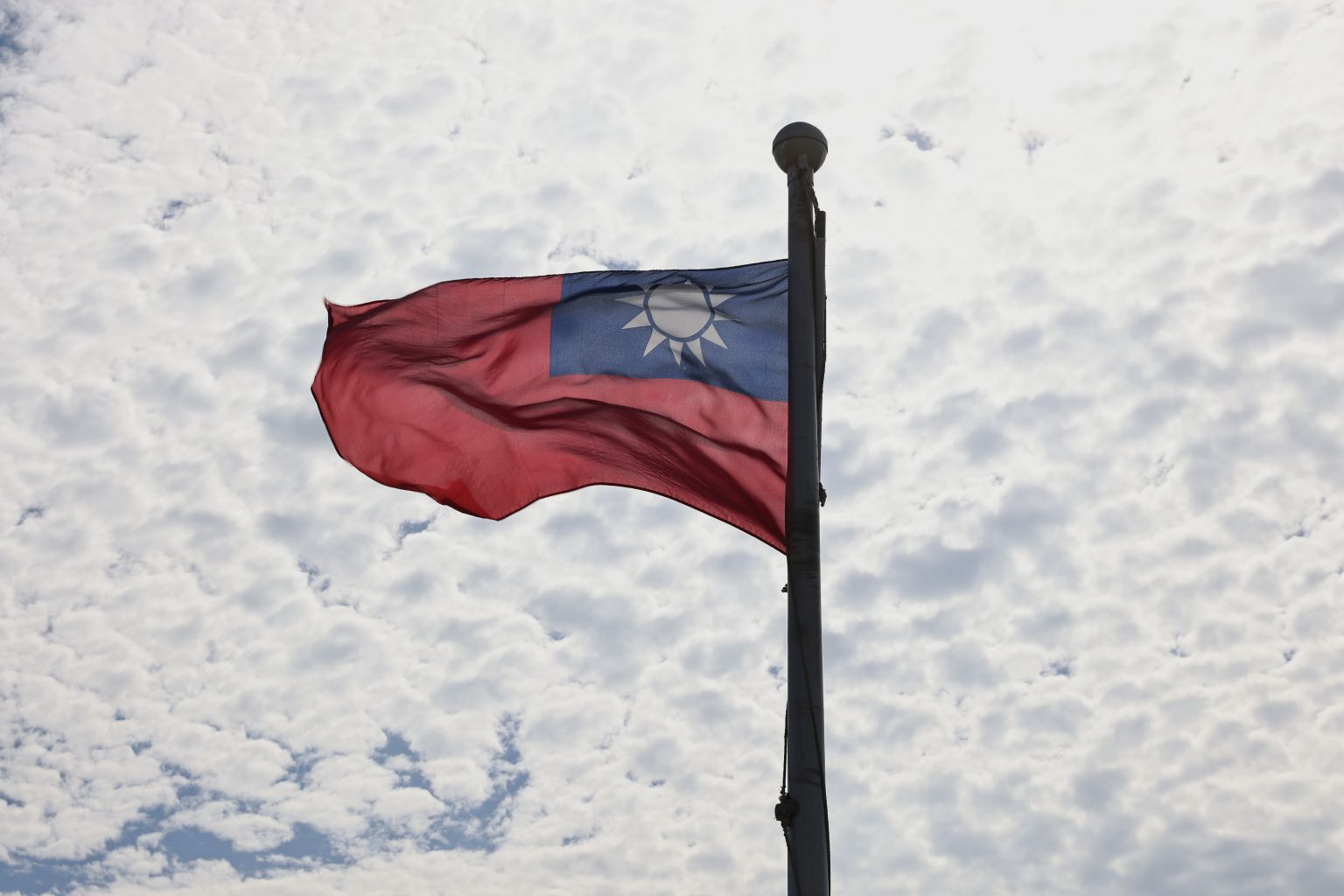US position on Taiwan unchanged despite Biden comment, says official
Sign up now: Get insights on Asia's fast-moving developments

In a TV interview, US President Joe Biden appeared to lump Taiwan together with countries to which Washington has explicit defence commitments.
PHOTO: REUTERS
WASHINGTON/BEIJING (REUTERS) - A senior Biden administration official said on Thursday (Aug 19) that US policy on Taiwan had not changed after President Joe Biden appeared to suggest that the United States would defend the island if it were attacked, a deviation from a long-held US position of "strategic ambiguity".
In a interview aired by ABC News on Thursday, Mr Biden was asked about the effects of the chaotic US withdrawal from Afghanistan and responses in Chinese media telling Taiwan this showed Washington could not be relied on to come to its defence.
Mr Biden replied that Taiwan, South Korea and Nato were fundamentally different situations to Afghanistan and appeared to lump Taiwan together with countries to which Washington has explicit defence commitments.
"They are...entities we've made agreements with based on not a civil war they're having on that island or in South Korea, but on an agreement where they have a unity government that, in fact, is trying to keep bad guys from doing bad things to them," Mr Biden said.
"We have made (and) kept every commitment. We made a sacred commitment to Article 5 that if, in fact, anyone were to invade or take action against our Nato allies, we would respond. Same with Japan, same with South Korea, same with Taiwan. It's not even comparable to talk about that."
A senior Biden administration official said US "policy with regard to Taiwan has not changed" and analysts said it appeared that Mr Biden had misspoken.
China's embassy in Washington and Taiwan's representative office did not immediately respond to requests for comment.
In an editorial on Friday, China's Global Times slammed Mr Biden, saying that his words were empty and reckless.
"No matter the reasons why Biden made such a remark, it's empty talk without any real strategic determination and actual military preparation," the editorial said, adding that China will never accept Mr Biden's threat.
"If the Biden administration insists on the president's claims, breaking the status quo of the Taiwan Strait by shifting from 'strategic ambiguity' to making a clear statement of its defence of Taiwan, then it will have to prepare for much greater storms in the Strait," the nationalistic newspaper warned.
"The mainland will certainly make according adjustments to its Taiwan Strait strategy. The Strait will enter a new era which will see intensifying games."
The editorial also reiterated China's warning for Taiwan against secession, saying that the US would not defend the island.
"If the Taiwan authorities lose their mind to cross the red line of the Anti-Secession Law at the instigation of the US, they will surely be sacrificed for US strategic interests," the editorial said.
Beijing regards Taiwan as a renegade province to be reunified, by force if necessary.
While Washington is required by law to provide Taiwan with the means to defend itself, it has long followed a policy of "strategic ambiguity" on whether it would intervene militarily to protect Taiwan in the event of a Chinese attack.
Article 5 is a Nato agreement that states that an attack on one member of the alliance is viewed as an attack on all.
South Korea is also a US treaty ally with a mutual defence agreement, but US relations with Chinese-claimed Taiwan have been unofficial since Washington switched diplomatic recognition to Beijing in 1979.
Some prominent US academics and others have argued that Washington should give Taiwan a more explicit security guarantee in the light of increasing military pressure from Beijing, but Mr Biden's Indo-Pacific policy coordinator Kurt Campbell has appeared to reject this, saying in May there were "significant downsides" to such an approach.
Ms Bonnie Glaser, a Taiwan expert at the German Marshall Fund of the United States, called Mr Biden's apparent mischaracterisation unfortunate.
She said: "The US had an Article 5 commitment to Taiwan from 1954 to 1979. The Biden administration isn't considering returning to that commitment, as indicated by public statements by Kurt Campbell," she said.
Earlier this week, Republican Senator John Cornyn erroneously tweeted that the US has 30,000 troops in Taiwan, which has not been the case since before 1979.
Mr Biden's national security adviser Jake Sullivan was asked about Taiwan this week and called it a "fundamentally different question in a different context" to Afghanistan.
"We believe our commitment to Taiwan...remains as strong as it's ever been," he said, without specifying what the commitment was.


